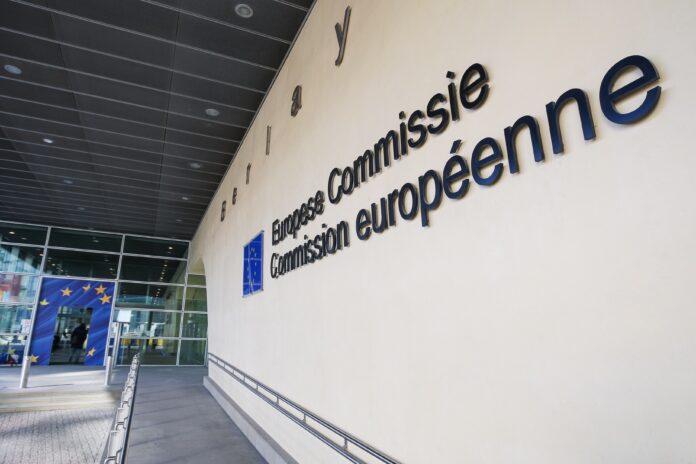And Commissioner Breton uses keynote to argue for a standardised approach to spectrum allocation
The group CEOs of Deutsche Telekom (DT), Orange, Telefonica and Vodafone Group pushed for changes in regulation in a joint keynote panel yesterday at MWC.
Last year the ‘big four’ also used the MWC in various ways, as a group and individually, to make similar pleas. In particular they demanded fair-share measures. Their campaign was supported by industry groups including the GSMA and ETNO, and championed by the European Commissioner for Internal Markets, Thierry Breton.
After years of falling on deaf ears, their argument seemed to be gathering momentum – as well as considerable opposition – before being dropped off by the Commission.
Europe’s need for a new deal
This year the line they’ve taken is that Europe Needs a new Deal. Leaders of the big four urged urgent changes to regulation as Europe is lagging other regions of the world in terms of digital innovation, investment and infrastructure.
DT’s Tim Höttges claimed that 60% of European operators do not earn enough to cover the costs of the capital they need to invest. Telefónica’s José María Álvarez-Pallete stated that Europe has an investment gap of €200 billion.
Consolidation changes afoot?
Orange’s CEO Christel Heydemann said the European Commission has shown some signs of willingness to change. Earlier this month it approved Orange’s plan to acquire MasMovil in Spain and merge it with its Spanish opco.
The week before announcing the decision, the European Commission signalled it is open to European telecoms mergers to help fund the rollout of 5G and fibre networks. The move suggests a dramatic policy reversal in response to calls of consolidation from a telecom industry drowning in debt and lacking the scale to reach its 2030 Digital Decade policy programme goals.
The promised new approach will see an end to controversial policies like the Commission’s reticence for four-to-three mergers in a market.
Spectrum processes
Vodafone’s Margherita Della Valle stressed that the operators are willing to “play our part” but “need a new deal”. She highlighted the issues around spectrum allocation and licences and market consolidation.
In a separate keynote, Commissioner Breton put forward plans for a different approach to allocating mobile spectrum. As a keynote speaker yesterday at MWC, he proposed that spectrum should be allocated to the operator that committed to the fastest roll-out of the network concerned rather than to the highest bidder.
The governments of Italy and Germany both swelled their coffers by more than €6 billion from auctioning spectrum for 5G.
Breton argued that all of Europe should adopt the same policy for awarding spectrum in the interests of affordability and speed, and to “create a true digital single market. Looking forward he stated, “In regard to 6G, we cannot afford to encounter delays in the spectrum licencing process with huge disparities in timeline between member states. We cannot tolerate same the outcome as for 5G where the process after eight years is still not complete.”
Falling behind
He complained that Europe’s 5G networks are not performing at the required standard with latency of about 200ms. This, he noted, is “much too long to ensure reliable monitoring vital telemetry or to prevent accident between connected vehicles”. This all sounds more like circa 2016?
Breton said that €200 billion is needed just to complete the roll-out of 5G over the next five years or so. He has been calling for more private investment in Europe’s communications infrastructure for some time.
The current Commissioners’ five-year terms of office run until 31 October 2024.


